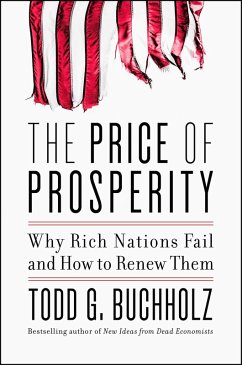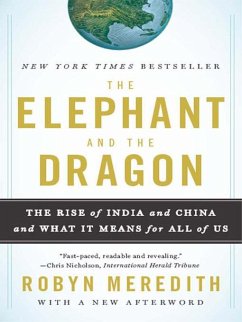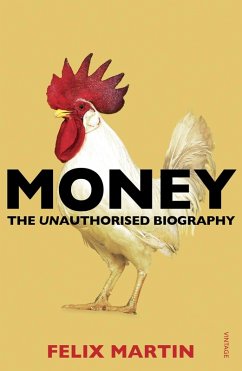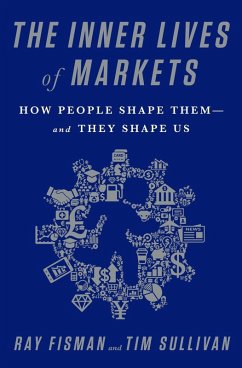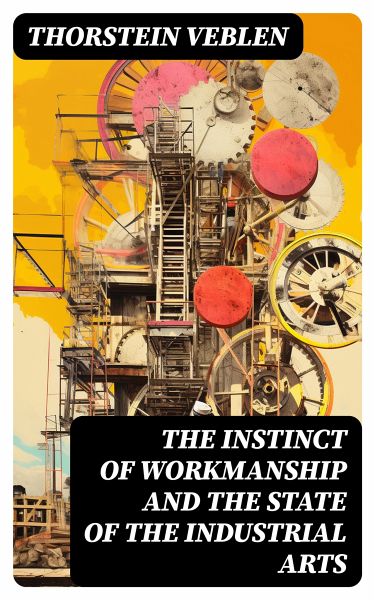
The Instinct of Workmanship and the State of the Industrial Arts (eBook, ePUB)
Versandkostenfrei!
Sofort per Download lieferbar
1,99 €
inkl. MwSt.
Weitere Ausgaben:

PAYBACK Punkte
0 °P sammeln!
In "The Instinct of Workmanship and the State of the Industrial Arts," Thorstein Veblen presents a profound critique of the social and economic structures that shape industrial production. With a keen sociological lens, Veblen explores the innate human drive toward creativity and craftsmanship, arguing that societal norms often stifle this instinct in contemporary industrial societies. The book blends rigorous analysis with a distinctive prose style, incorporating humor and irony to illuminate the paradoxes of capitalism. Placing the evolution of industrial arts within the broader context of s...
In "The Instinct of Workmanship and the State of the Industrial Arts," Thorstein Veblen presents a profound critique of the social and economic structures that shape industrial production. With a keen sociological lens, Veblen explores the innate human drive toward creativity and craftsmanship, arguing that societal norms often stifle this instinct in contemporary industrial societies. The book blends rigorous analysis with a distinctive prose style, incorporating humor and irony to illuminate the paradoxes of capitalism. Placing the evolution of industrial arts within the broader context of social evolution, Veblen elucidates how cultural values shape technological progress and human labor. Thorstein Veblen was an influential economist and social critic active during the late 19th and early 20th centuries. His formative experiences as a member of the Midwestern farming community and his academic background in sociology informed his views on how economic activities affect societal relations. Veblen's interest in the interplay between technology and craftsmanship arose from his desire to advocate for a more equitable industrial system that respects the innate artistic tendencies of workers, as opposed to mere profit-driven motives. This book is essential for readers interested in economic sociology, industrial relations, and the philosophy of technology. Veblen's incisive arguments remain relevant in today's discussions on productivity, labor rights, and the value of creative work. As such, it invites a reevaluation of how we perceive work in the contemporary world, making it a must-read for scholars and general readers alike.
Dieser Download kann aus rechtlichen Gründen nur mit Rechnungsadresse in A, B, BG, CY, CZ, D, DK, EW, E, FIN, F, GR, H, IRL, I, LT, L, LR, M, NL, PL, P, R, S, SLO, SK ausgeliefert werden.







